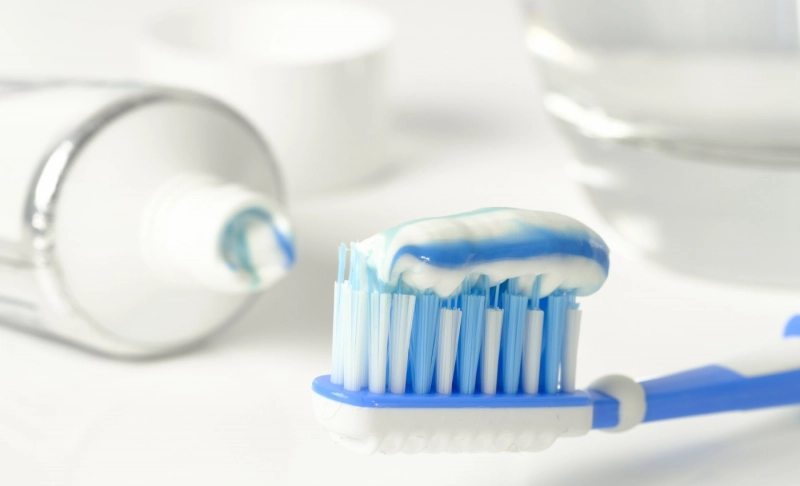By: Arron Williams
January 11 2023

Excessive consumption or ingestion of fluoride can cause harm to teeth and bones; however, the amount of fluoride in toothpaste is safe to use.
Context
A Facebook post with over 20,000 views and 900 likes has shared the claim that fluoride in toothpaste harms human health. The post displays a video of Charlotte Gerson talking to a crowd, where she makes several claims, including that fluoride doesn’t help teeth and makes them black. Other claims are that it is poisonous and toxic, makes bones brittle, and damages the immune system.
In Fact
The levels of fluoride in toothpaste are safe, but if consumed excessively, fluoride can be harmful to health and cause dental fluorosis.
According to a 2019 report by the World Health Organization (WHO), fluoride has both beneficial and negative effects. Both the WHO and the U.K. National Health Service (NHS) recognize fluoride’s ability help prevent tooth decay as a positive effect. However, dental fluorosis, which can alter the appearance of teeth, may occur if a child’s teeth are exposed to too much fluoride during their development. However, it is uncommon in the U.K. for fluorosis to severely affect the appearance of teeth. A 2019 Healthline article cites scientific evidence that fluoride toothpaste is safe, but should be spat out after use. While toothpaste isn’t made to be swallowed, accidental ingestion is unlikely to cause any health problems.
Furthermore, the WHO also states that another risk of excessive fluoride consumption is skeletal fluorosis, which is associated with “osteosclerosis, calcification of tendons and ligaments, and bone deformities.” However, excessive fluoride consumption usually occurs through the consumption of naturally high-fluoride groundwater.
There is no sufficient scientific evidence that fluoride causes other health problems, as stated by the NHS, which says reviews have found no convincing data. Additionally, there is a lack of evidence that fluoride present in toothpaste or water is a neurotoxin. A 2020 study by the journal Archives of Toxicology evaluated research that fluoride is a neurotoxicant that can impair brain development, and found the available evidence does not support the proposal that the levels of fluoride present in European countries should be considered a neurotoxicant. However, the study also stated that further research is needed. Additionally, no sufficient scientific evidence could be found to suggest that fluoride has a negative impact on the immune system.
Charlotte Gerson is known for pushing unsupported medical claims, having previously promoted Gerson Therapy, an unsupported cancer treatment created by her father, Max Gerson. The independent research organization, Cancer Research U.K. explains that Gerson Therapy focuses on dieting, requiring the consumption of 20 pounds of crushed fruit and vegetables, five coffee enemas, and a variety of supplements each day. There is no evidence that it is effective or can cure cancer, and research suggests more clinical trials are needed to compare it with proven treatments. Gerson Therapy, in some cases, can cause harmful side effects such as fits, infections, and dehydration due to the coffee enemas. Other negative side effects have been reported.
The Verdict
Fluoride in toothpaste is considered safe to use, and only excessive consumption of fluoride can have adverse effects. It does protect teeth, and there is no sufficient evidence that it damages the immune system. Therefore, we have marked this claim as false.